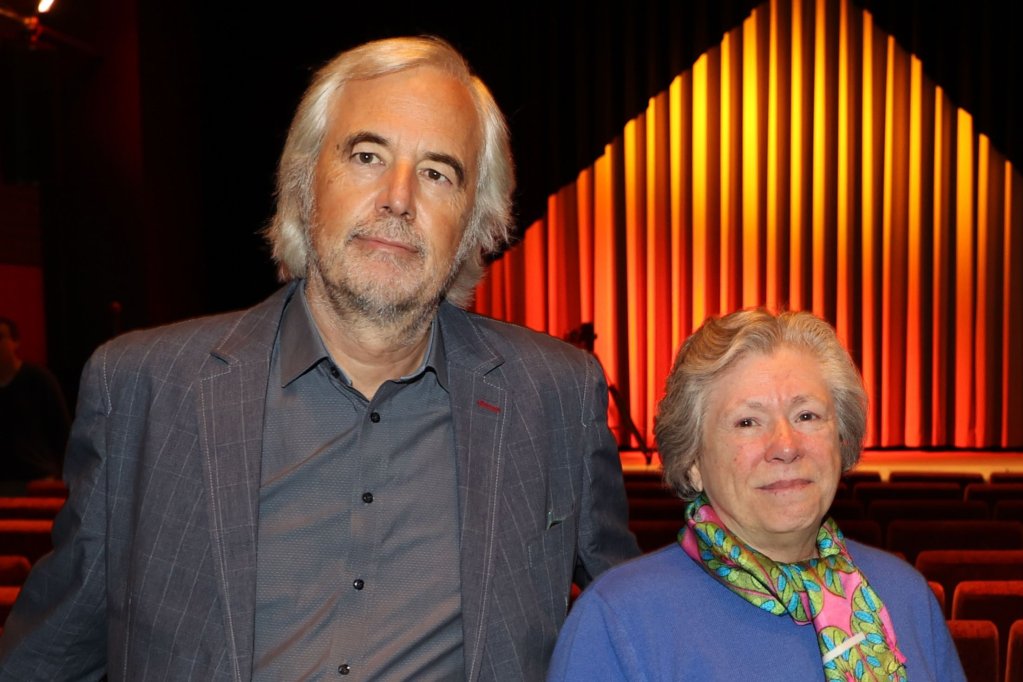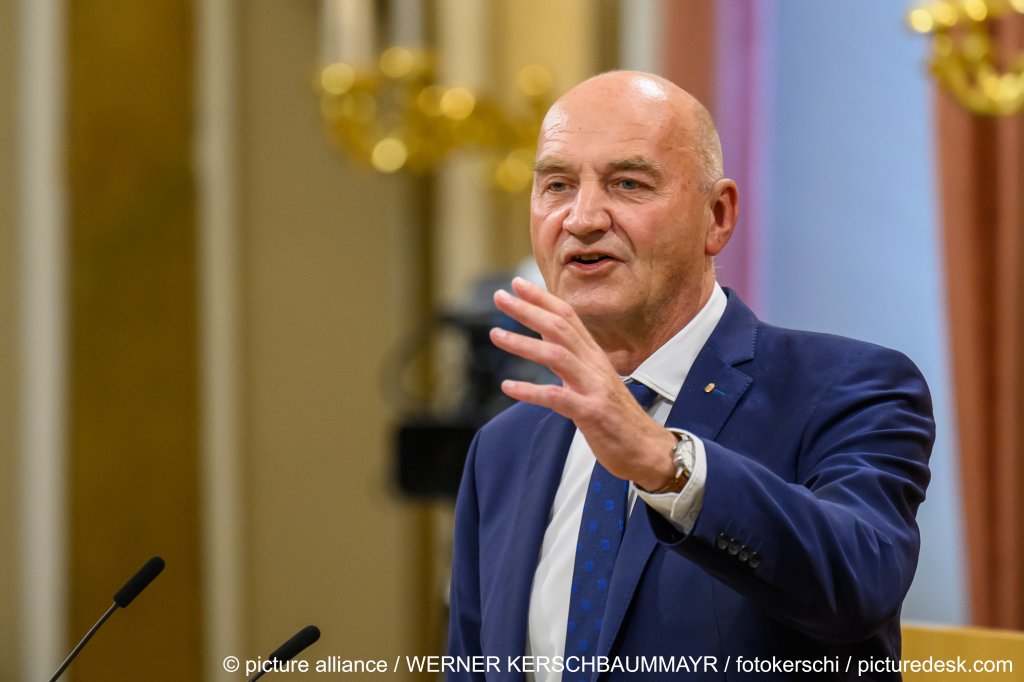A potentially tongue-twisting integration model is causing a stir in Austria: In addition to compulsory German courses, asylum seekers in the federal state of Upper Austria are also to be taught the regional dialect in the future. But the plan doesn't only face language barriers.
"Heast, i bin a Syrer".
What looks like an expression with at least three typos is actually a grammatically correct sentence in the Upper Austrian dialect. It means "Hey, I'm a Syrian".
If state politicians in Upper Austria's capital Linz have it their way, asylum seekers are to learn this very dialect -- in addition to German, of course.
Not everybody thinks teaching asylum seekers a dialect fewer than 1.5 million people understand is a good idea. Linguist Ludwig Laher, who specializes in German studies, rejects the plan outright.

Not only are there a multitude of dialects in Upper Austria; the model also overburdens people "who may not be literate and/or are traumatized," Laher told the KNA news agency.
The linguist also thinks the project is discriminatory: "A newcomer from the German city of Bremen, for example, who has the same difficulties decoding dialect, doesn't have to learn it,."
Read AlsoUN criticizes Austria's treatment of asylum seekers
Offer versus obligation
Advocates of teaching Upper Austrian to asylum seekers like politician Christian Dörfel, on the other hand, say that dialect courses are designed to "teach everyday communication."
To Dörfel, who is Upper Austria's state councilor for social affairs, integration and youth, the goal is a better understanding of dialect, slang and everyday situations. In addition, it is about "immigrants adapting to the majority society," the ÖVP politician said.
In December, Austrian media outlet Der Standard reported that the liberal-conservative ÖPV wants to promote integration through values courses such as anti-violence training for unaccompanied minor refugees or workshops.

"Integration is not an offer, but an obligation," Dörfel reportedly said, adding that "beneficiaries of social services should not be lumped together with those who refuse to integrate."
Politics of integration
In addition, those who do not cooperate when it comes to offers of work as unskilled laborers, for example, are to face sanctions, Der Standard reported. As of December, asylum seekers are allowed, and encouraged, to pursue 20 hours per month of unskilled labor.
Although nothing is yet certain, the political climate in Austria could be about to harden when it comes to migration policies.
Following elections at the end of September last year, parties are once again in coalition talks to form the next government. At the beginning of January, Austrian President Alexander Van der Bellen asked the leader of the far-right Freedom party (FPÖ) --Herbert Kickl, to try and form a government, after talks between more mainstream parties broke down.
Contrary to their promise in last year's election campaign, to not enter into a coalition with the FPÖ, the ÖVP could potentially form a government coalition with the far-right FPÖ party, although many in the ÖVP are unhappy about that possibility, reported Germany's weekly news magazine Der Spiegel this week.
In the past, previous attempts to form a coalition between the two parties have ended in collapse of the governments, damage to the parties and demonstrations from those opposed to this political alliance.
Read AlsoAustria: Precarious employment opportunities make it difficult for migrants to get by
with KNA
